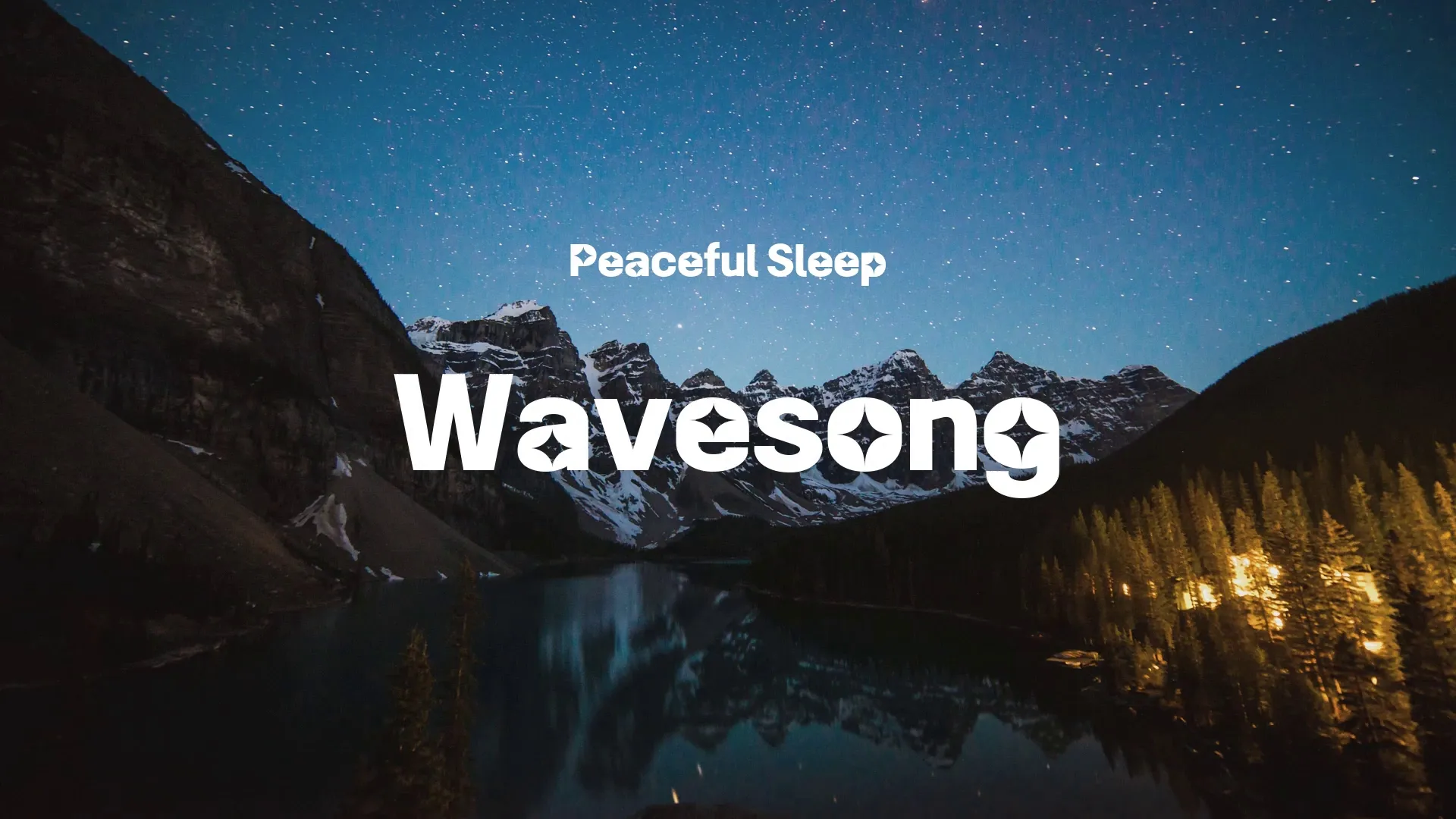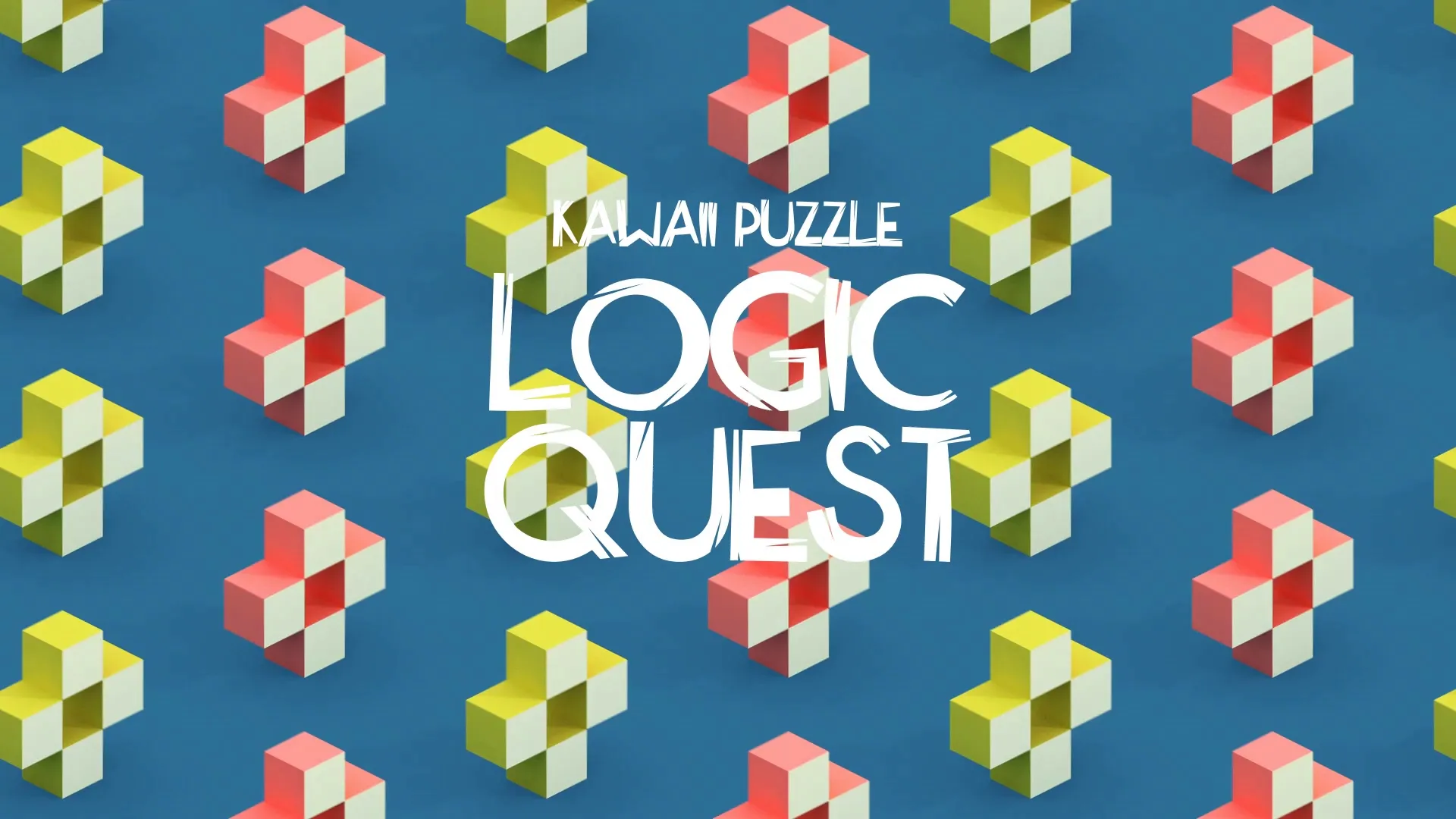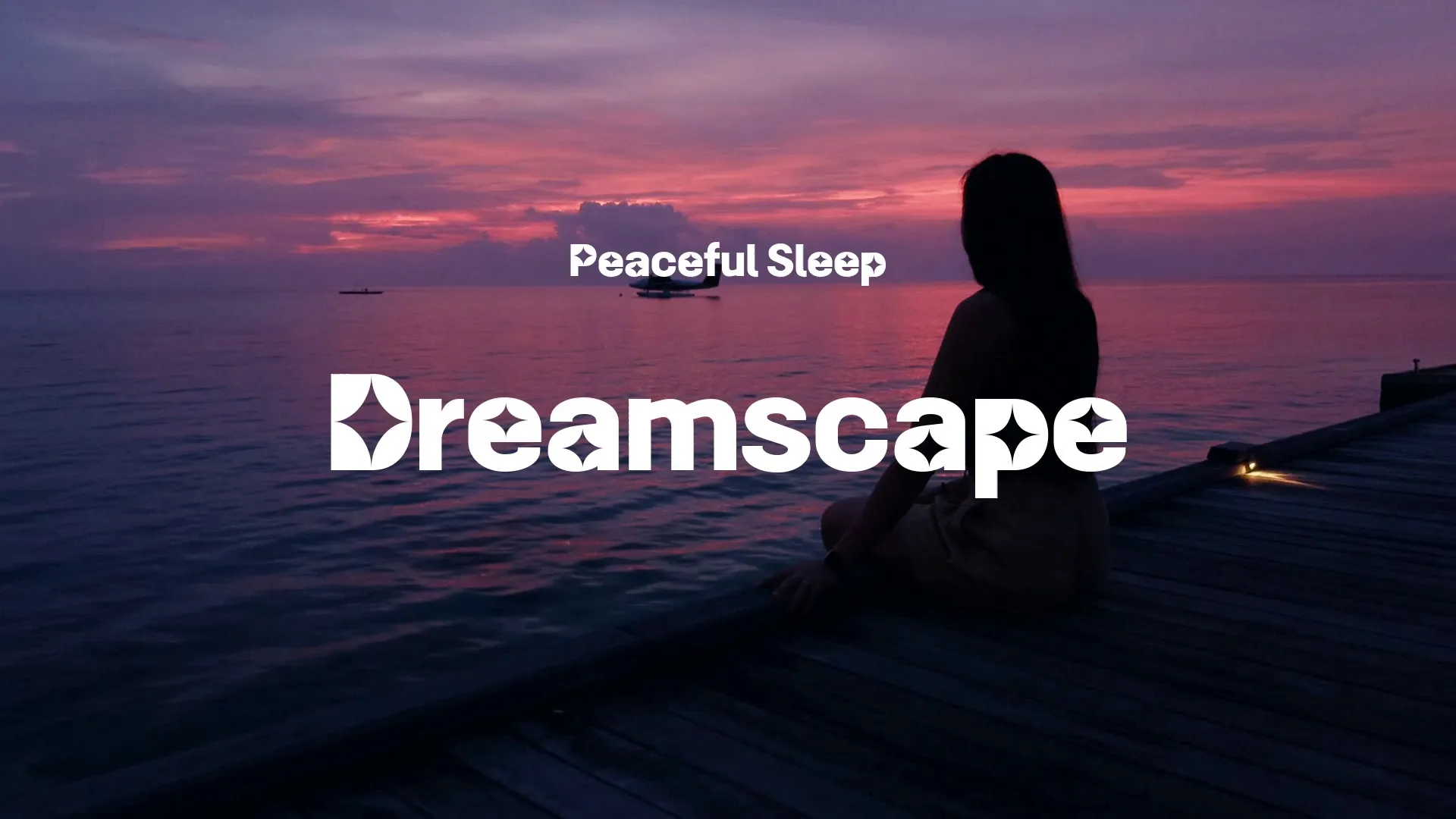Trademark, Licensing, and Ethical Monetization: A Game Studio's Business Strategy Guide
Trademark, Licensing, and Ethical Monetization: A Game Studio’s Business Strategy Guide
Protecting your game studio’s brand and intellectual property is fundamental for long-term success. Overlooking legal and business considerations can lead to costly disputes and hinder growth.
Establishing a robust business strategy from the outset ensures sustainability and builds player trust.
Safeguarding Your Brand: Trademark for Game Studio
Your game’s title, logo, and unique characters are valuable assets that define your brand. Securing a trademark for your game studio and its key products prevents others from capitalizing on your hard-earned recognition.
Ignoring trademark registration leaves your brand vulnerable to infringement, forcing reactive and expensive legal battles.
Conduct thorough trademark searches early in development to avoid conflicts with existing marks. Registering your trademark provides legal protection and exclusive rights to use your brand elements within your specified categories.
This proactive step is less costly than defending against an infringement claim later.
Navigating Game Engine Licensing Explained
Choosing a game engine involves understanding its licensing model, which directly impacts your budget and revenue. Engines like Unity, Unreal Engine, and Godot each have distinct terms.
Failing to grasp these terms can result in unexpected fees or limitations on your game’s distribution.
Carefully review the licensing agreements for your chosen engine, especially regarding revenue share thresholds and commercial use restrictions. For an in-depth look at engine choices, consider reading ‘Unity vs. Unreal vs. Godot: Choosing Your Engine in 2025’ on our blog.
Ensure your team understands compliance requirements to avoid future legal complications.
Ethical Game Monetization Strategies
Monetization is essential, but ethical practices build player loyalty and positive public perception. Aggressive or predatory monetization schemes can alienate your audience and damage your reputation.
Prioritize transparency and value in your monetization choices, ensuring players feel respected rather than exploited.
Consider a variety of ethical models, such as premium pricing, cosmetic-only microtransactions, or battle passes that offer clear value. Avoid ‘pay-to-win’ mechanics or hidden costs that create an unfair advantage.
Create a free account, or log in.
Gain access to free articles, game development tools, and game assets.
.webp)





.webp)
















